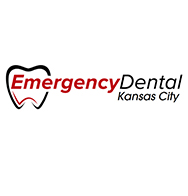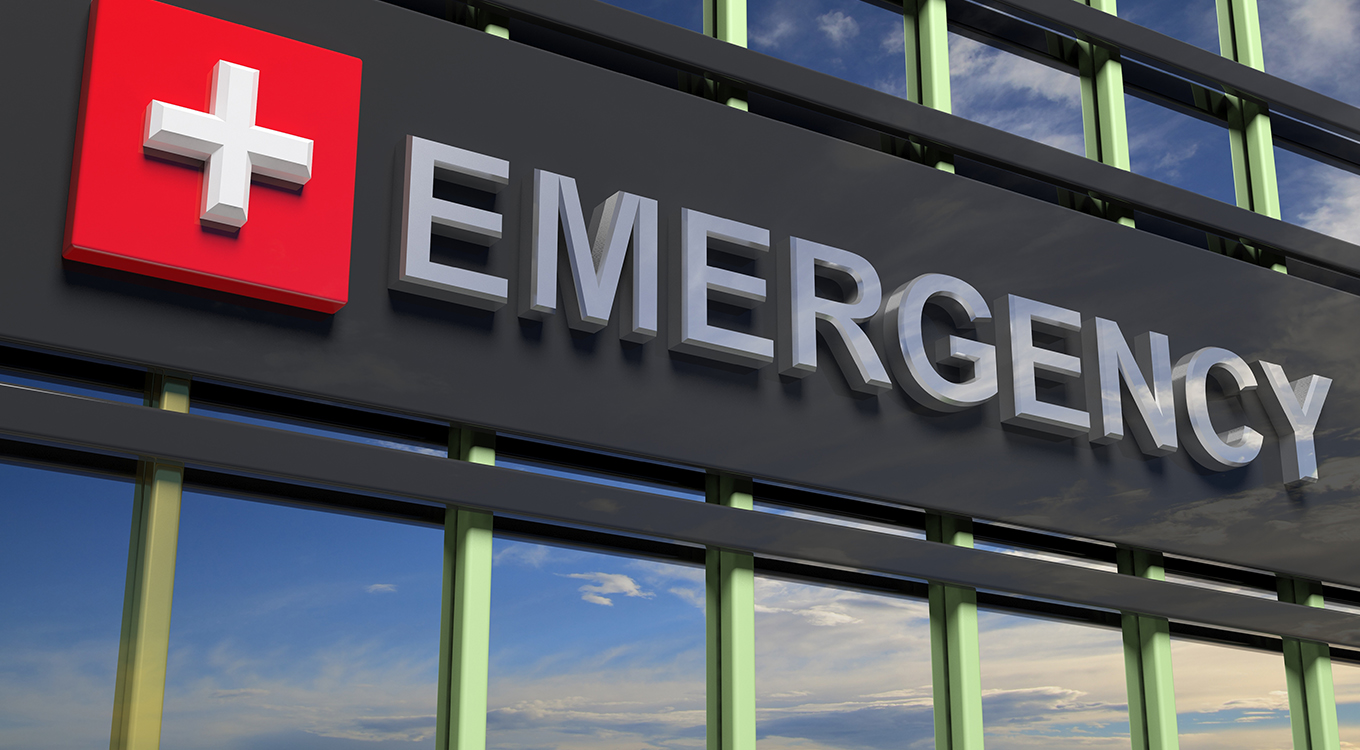
24/7 Patient care team available by phone. Call to schedule an emergency appointment within 24 hours.
Accept various payment methods, including cash, credit/debit cards, and insurance plans
Delta Dental, MetLife, United HealthCare, Ameritas, Aetna, Cigna, Guardian, Lincoln Financial, Mutual of Omaha, Principal, United Concordia, Sunlife/Liberty, Humana, GEHA, UMR
emergency root canal, emergency tooth extraction, emergency dentist open on Saturday & Sunday, urgent dental care, emergency dental extraction, same-day tooth extractions, tooth pulled immediately, emergency dental services, dentist open on weekends
24/7 Patient care team available by phone. Call to schedule an emergency appointment within 24 hours.
Accept various payment methods, including cash, credit/debit cards, and insurance plans
Delta Dental, MetLife, United HealthCare, Ameritas, Aetna, Cigna, Guardian, Lincoln Financial, Mutual of Omaha, Principal, United Concordia, Sunlife/Liberty, Humana, GEHA, UMR
At Emergency Dental of America, we meet all these needs for patients in major cities around the US. We cater to dental emergencies and patients who need to be seen quickly. But all of our experienced dentists offer a wide range of services and are equipped to provide high-quality ongoing oral health care. Because we can see patients quickly and offer the convenience of dentistry seven days, we believe that our emergency dentists provide an invaluable service to the local communities we serve. If you have an urgent dental problem that cannot wait, please contact an Emergency Dental of America location near you.
We were from out of town. Staff was extremely friendly and knowledgeable.
My first time visit everyone was very nice and I met adam very amazing guy
You should prioritize your dental care just as you would any other medical issue. Moreover, if you are experiencing a dental emergency, you should avoid putting it off just as you wouldn’t a broken leg, arm, or other medical emergency. Fortunately, it is easy to find a dentist open on Saturday or Sunday to treat your weekend dental emergency, and the Emergency Dental Service is an excellent resource to get you started.
Many people think they need to wait until Monday to see a dentist if they are experiencing symptoms. However, the Emergency Dental Service is a quality resource that can assist you with locating dental offices open on Saturday or Sunday in your area.
A dental emergency is a dental or oral health issue that can be life-threatening if not promptly treated. There are some cases where you may believe you are having a dental emergency because of the level of pain, but you should be sure of the severity of your symptoms before contacting an emergency dentist. Here are some cases where you should go to an emergency dentist's office rather than wait to make an appointment:
Any of these symptoms are cause for emergency treatment. Many of us take for granted our dental care because we want to avoid the dentist. However, if you are experiencing any of these issues, you could develop a life-threatening infection.

Emergency Dental of Kansas City is available every day of the week to care for your dental needs. You should never have to wait to see a dentist if you are experiencing severe pain, unrelenting bleeding, or a stubborn tooth that needs to be extracted.
Many people get root canals during a weekday dental appointment. However, a root canal becomes an emergency procedure when you are experiencing severe pain, intense swelling, an infection, or a fever. These are all signs that you should be treated right away or risk developing a life-threatening infection.
You will know you need a root canal if the pulp of your teeth becomes inflamed leading to sensitivity to hot or cold drinks as well as the aforementioned symptoms. Your dentist will remove the infection from your tooth, clean it, and restore it to prevent further damage.
Cavity fillings are very common dental procedures for both the young and old. A cavity is a small hole in the tooth enamel that evolves from decay or acid from sugars. Cavities left untreated may be unbearably painful and can cause infection or even tooth loss. To treat the cavity, your dentist will likely fill the hole with a tooth-colored or silver material.
If you already have a cavity filling and it falls out, you should have it refilled right away, even on weekends. A cavity filling is a relatively simple procedure that can prevent a lot of damage.
A tooth extraction is when a dentist completely removes your tooth for a variety of reasons. While some people may need their teeth extracted for dental restoration procedures such as braces, other times, tooth extractions can be emergency procedures. When a tooth creates an immediate threat to your overall health, it should be removed immediately.
Common signs your tooth should be immediately extracted include severe pain, decay, tooth damage, or infection.
A dental crown is a silver or tooth-colored cap that is placed on top of your existing tooth if it is decayed or damaged. A dental crown is a type of dental restoration that provides strength, aesthetics, and protection. Normally, dental crown procedures are nonemergencies, but if you're experiencing severe pain or your existing crown falls out, you may want it repaired immediately. Waiting could mean your decayed tooth becomes infected, which you want to avoid.
Dental implants are artificial teeth with the appearance and functionality of natural teeth. They are typically surgically attached to the jawbone, unlike dentures, which are easily removable artificial teeth. While most people do not have issues with implants or dentures, sometimes they can become damaged, cracked, or fail to implant, requiring immediate attention.
If you have dental implants or dentures, they may be the only teeth you have, so without them, you may be unable to eat, chew, or speak properly. If this occurs on a Saturday or Sunday, you shouldn’t have to wait until Monday to get them repaired. Instead, it is best to contact an emergency dentist right away to avoid any issues.
Not all dental procedures constitute an emergency. Sometimes, it is better to wait and make an appointment with your regular provider instead of contacting the Emergency Dental Service. This can help you save time, stress, and costs. If you are experiencing any of the following symptoms, you may be able to treat yourself at home or contact your dentist during normal business hours:
While many of these issues can be inconvenient or even uncomfortable, they are typically not emergencies. If you have a small cut in your mouth for example, you may be able to gargle with warm water and allow the cut to heal on its own. You should not, however, avoid any of these issues. Instead, contact your dentists at a more convenient time, as the issue could start small but prove serious if avoided.
You may find that a dental emergency visit is very similar to a routine dental appointment. A key difference is that you will likely experience shorter wait times, and your initial assessment will be different. Many dental emergencies involve excessive bleeding or pain, so your emergency dentist will want to treat you right away. Be prepared with your license and insurance information to streamline the process, and you may also be asked a series of medical questions to understand your situation more deeply.
In some cases, your provider may give you an X-ray or even perform emergency surgery if the situation warrants it. In other cases, your dentist may only treat your symptoms and schedule an appointment at a later date.
The cost of an emergency dental visit can be more expensive than a traditional dentist. This is similar to an ER visit being more expensive than a routine check-up. This is because your emergency dental visit may include additional costs like X-rays, surgical procedures, tooth extractions, fillings, and your emergency exam.
However, some emergency dental offices accept insurance, provide payment plans, and offer discounts for those experiencing financial difficulties. It is important to contact the Emergency Dental Service if you do not have insurance and cannot afford an emergency dentist. They may be able to provide you with a discount or help you apply for a line of credit.
It may be tempting to delay dental treatment to avoid emergency dental costs, but this is a mistake. Avoiding or delaying emergency care can create more costly problems in the future and can also greatly impact your health.
Delaying a dental emergency can not only impact your oral health, but it can affect other areas of your body as our bodies are interconnected. You may think swollen gums are not cause for concern, but swollen gums on Friday can turn into an infection on Saturday. Left untreated, that infection can spread to other areas of your body. Put simply, it is best to seek dental treatment immediately if you need it so that you can avoid:

Dental emergencies can develop for a variety of reasons. There are certain times when a dental emergency is unexpected; however, other times, dental emergencies are caused by the lack of preventive care or ignoring existing issues. If you are experiencing a dental emergency, it may be caused by:
In other cases, pre-existing medical conditions may cause dental issues such as diabetes or kidney disease. Likewise, when a woman is pregnant and experiencing increased hormonal changes, they may often report teeth sensitivity or even bleeding or swollen gums. If these symptoms are left untreated or cared for, a dental emergency can result.
No one can predict when a dental emergency may happen 100% of the time. Sometimes, they arise unexpectedly and at inopportune times. At other times, however, dental emergencies develop over time and can be prevented with proper care. Below are examples of ways to prevent a benign issue from becoming a full-on emergency:
Certain dental symptoms should never be ignored. For example, if you are experiencing excessive bleeding in your gums, an unrelenting toothache, or tooth decay, it could be a symptom of a bigger issue. You do not have to wait until Monday if you are experiencing a dental emergency on a Saturday or Sunday.
The Emergency Dental Service is a valuable resource for helping you get in touch with quality dentists who are open on weekends. Our provider search page can help you gain access to the treatment you need. Do not hesitate to call 1-844-885-1538 today to schedule an appointment.
Office Name
Emergency Dental of Kansas City
Dentist Name
Multiple Dentists Available, DDS
Office Address
1050 W Blue Ridge Blvd.
Kansas City, MO 64145
Education
Marquette University School of Dentistry
Languages Spoken
English, Spanish
NPI number
1750507356
Emergency Weekend Dentist
Emergency Weekend Dentist
Emergency Weekend Dentist
Emergency Weekend Dentist
Emergency Weekend Dentist
Emergency Weekend Dentist
Emergency Weekend Dentist
Emergency Weekend Dentist
Emergency Weekend Dentist
Emergency Weekend Dentist